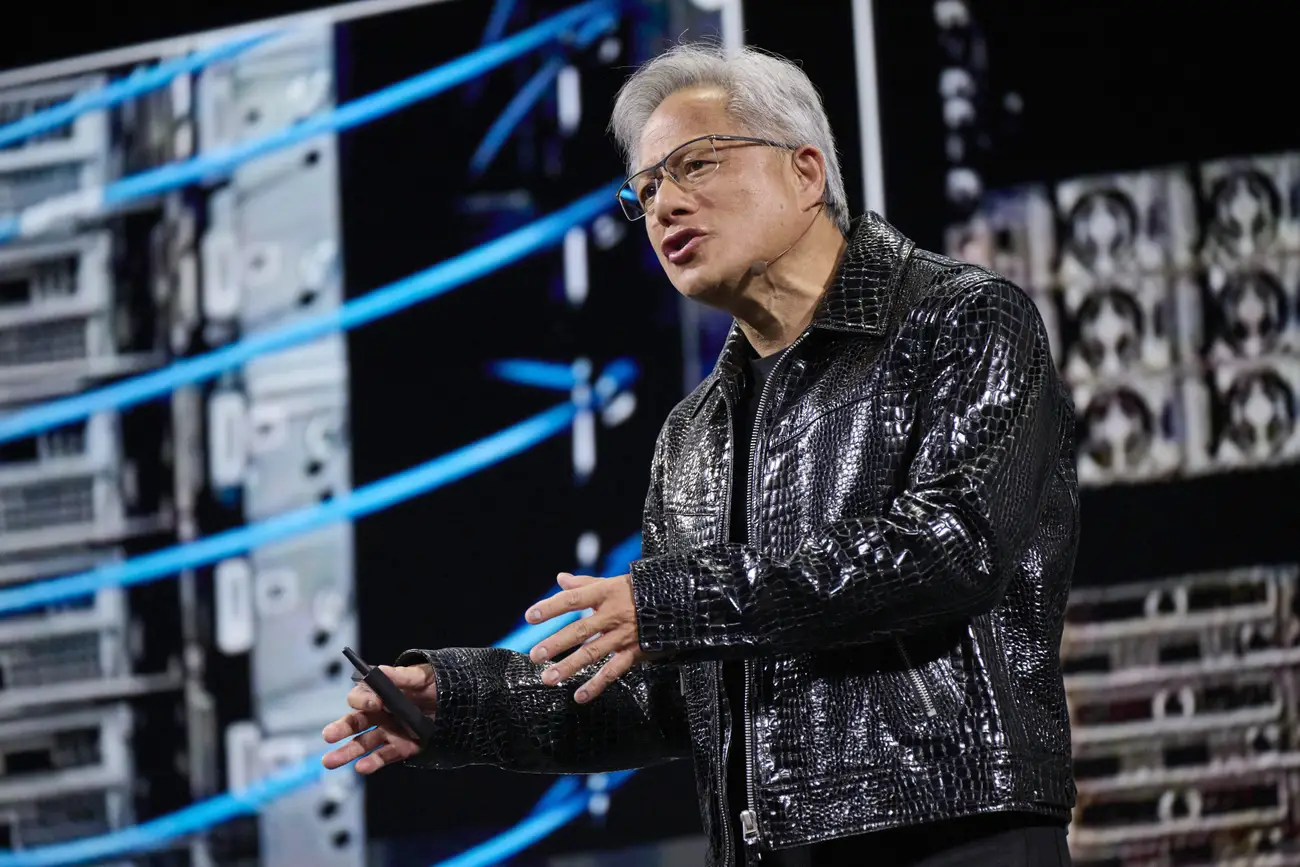Nvidia’s CEO lays out his vision of what the next 10 years will look like — and his simple advice to young people : Nvidia’s CEO, Jensen Huang, has articulated a compelling vision for the next decade, emphasizing the transformative role of artificial intelligence (AI) across various industries. He also offers insightful advice for young individuals preparing to navigate this evolving landscape.
The Next Decade: The Application Science of AI
Reflecting on the progression of AI, Huang notes that while the past decade focused on the foundational science of AI, the forthcoming years will be dedicated to its application across diverse sectors. He states, “The next 10 years, we’re going to have plenty of science of AI, but the next 10 years is going to be the application science of AI.”
This shift signifies AI’s integration into fields such as digital biology, climate technology, agriculture, fisheries, robotics, and transportation. Huang envisions AI optimizing logistics, enhancing educational methodologies, and driving innovation in numerous other domains.
The Rise of Human Robotics
Huang predicts significant advancements in “human robotics” within the next five years. He anticipates the emergence of humanoid robots capable of performing tasks traditionally handled by humans, particularly in manufacturing and consumer applications. Companies worldwide are actively developing and scaling the production of such robots, aiming to revolutionize industries through automation and AI integration.
Also Read: Google Launches Bard in Europe with New Features Amidst Intensifying AI Race
Advice to Young People: Embrace AI Proficiency
For young individuals entering this dynamic environment, Huang’s advice is straightforward: immerse yourself in AI. He emphasizes the importance of learning how to interact with AI models, such as ChatGPT, Gemini Pro, and Grok. “If I were a student today, the first thing I would do is to learn AI,” Huang advises. He likens this skill to being adept at asking insightful questions, a critical competency in the AI-driven future.
Building Resilience Through Challenges
Beyond technical skills, Huang underscores the value of resilience and character development. Drawing from his personal experiences, including early career challenges, he believes that enduring hardships fosters personal growth. “Greatness comes from character, and character isn’t formed out of smart people—it’s formed out of people who suffered,” Huang reflects.
Exploring Untapped Markets
Huang encourages young professionals to venture into unexplored areas. He recounts Nvidia’s strategy of targeting “zero-billion-dollar markets,” leading to innovations like the world’s first robotics computer. This approach allowed Nvidia to pioneer in deep learning and AI, setting the stage for future breakthroughs. He advises, “I hope you believe in something—something unconventional, something unexplored.”
Also Read: Elon Musk’s gift to PM Narendra Modi is likely a piece of the world’s largest
The Future of Computing Power
Looking ahead, Huang predicts a monumental increase in computing power, essential for AI advancements. He envisions a “millionfold” increase over the next decade, driven by annual fourfold improvements. This exponential growth is expected to unlock unprecedented opportunities in AI innovation and application.
